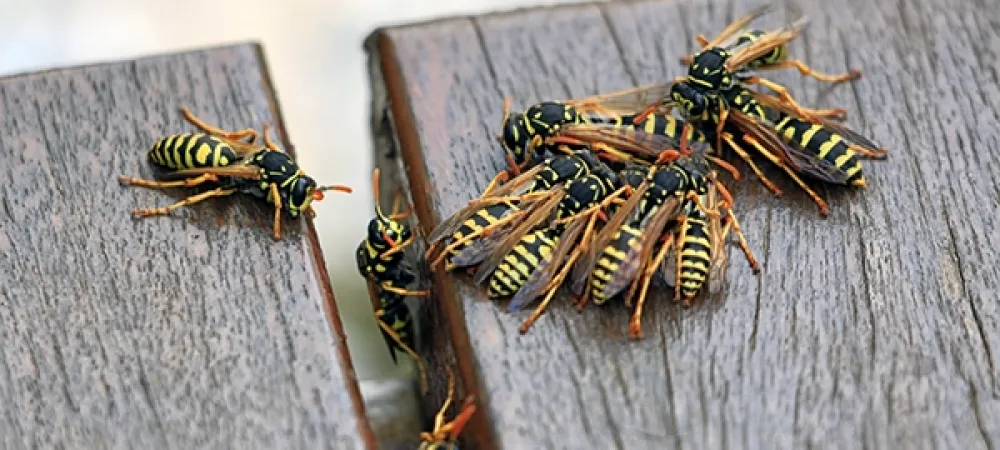The Ecological Benefits of Wasps in California

Wasps often get a bad rap due to their painful stings and aggressive behavior, but these insects play a crucial role in maintaining the balance of our ecosystems. In California, wasps contribute significantly to pest control, pollination, and even soil aeration. Understanding their ecological benefits can help us appreciate their presence and manage them more effectively.
Natural Pest Control
One of the most significant ecological benefits of wasps is their role as natural pest controllers. Wasps are predators of many insects, including caterpillars, aphids, and other garden-destroying insects. By preying on these pests, wasps help keep their populations in check, reducing the need for chemical pesticides. This natural form of pest control is especially beneficial for organic farmers and gardeners who seek sustainable solutions.
Pollination Services
While bees are well-known for their pollination activities, wasps also contribute to this essential ecological service. Certain species of wasps, such as fig wasps, are specialized pollinators that play a crucial role in the reproduction of specific plants. Wasps visit flowers to feed on nectar, inadvertently transferring pollen from one bloom to another. This process helps ensure the growth of many plant species, contributing to biodiversity.
Soil Aeration
Solitary wasps, such as digger wasps, contribute to soil health by creating burrows in the ground. These burrows help aerate the soil, improving its structure and promoting the growth of healthy plants. Aerated soil allows for better water infiltration and root growth, leading to more robust and resilient vegetation.
Biodiversity Support
Wasps play a role in supporting biodiversity by maintaining the balance of various insect populations. Their predation on pest species helps prevent any single species from becoming too dominant, which can lead to imbalances and the decline of other species. By keeping pest populations in check, wasps indirectly support a diverse range of flora and fauna.
Economic Impact
The ecological benefits of wasps also translate into economic advantages. By reducing the need for chemical pesticides and promoting healthy crop growth through pollination and pest control, wasps contribute to more sustainable agricultural practices. This can lead to cost savings for farmers and a lower environmental impact from farming activities.
Conservation Efforts
Given their ecological importance, there is a growing recognition of the need to conserve wasp populations. Factors such as habitat loss, climate change, and pesticide use threaten these valuable insects. Conservation efforts aimed at preserving natural habitats and reducing pesticide usage can help protect wasp species and ensure they continue to provide their ecological services.